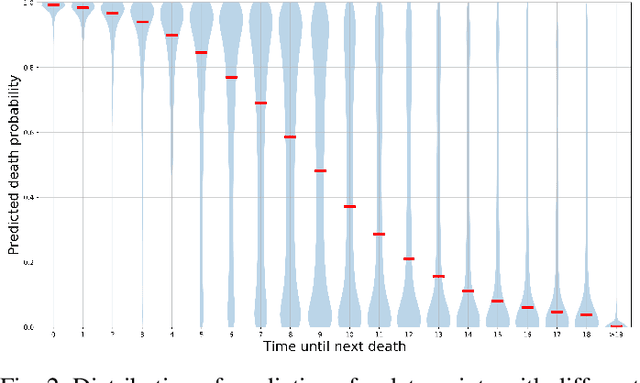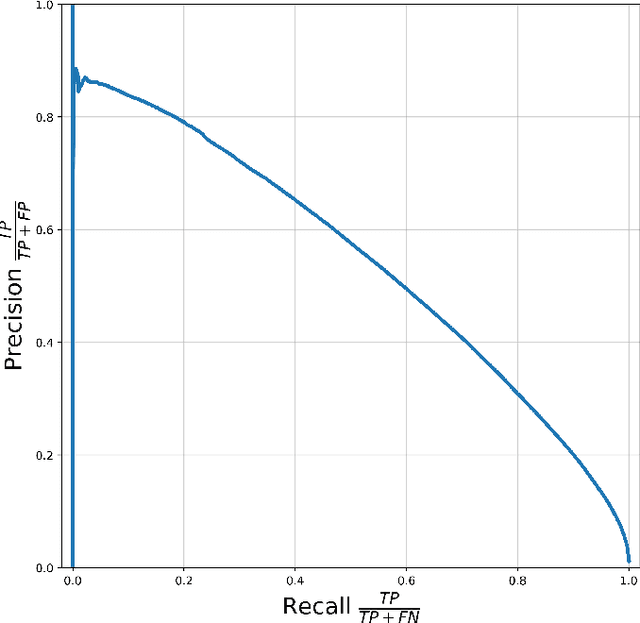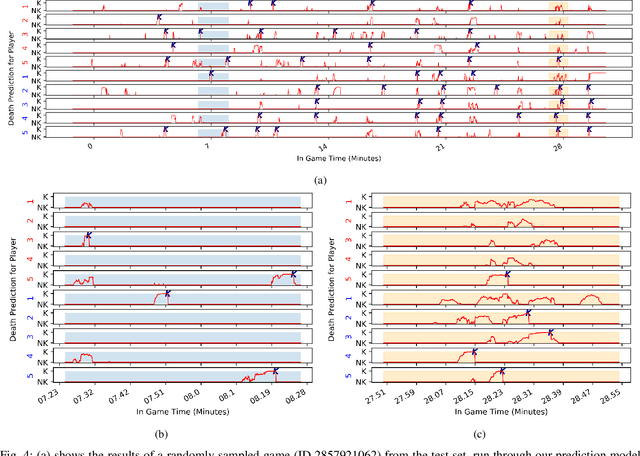Ryan Spick
Robust Imitation Learning for Automated Game Testing
Jan 09, 2024Abstract:Game development is a long process that involves many stages before a product is ready for the market. Human play testing is among the most time consuming, as testers are required to repeatedly perform tasks in the search for errors in the code. Therefore, automated testing is seen as a key technology for the gaming industry, as it would dramatically improve development costs and efficiency. Toward this end, we propose EVOLUTE, a novel imitation learning-based architecture that combines behavioural cloning (BC) with energy based models (EBMs). EVOLUTE is a two-stream ensemble model that splits the action space of autonomous agents into continuous and discrete tasks. The EBM stream handles the continuous tasks, to have a more refined and adaptive control, while the BC stream handles discrete actions, to ease training. We evaluate the performance of EVOLUTE in a shooting-and-driving game, where the agent is required to navigate and continuously identify targets to attack. The proposed model has higher generalisation capabilities than standard BC approaches, showing a wider range of behaviours and higher performances. Also, EVOLUTE is easier to train than a pure end-to-end EBM model, as discrete tasks can be quite sparse in the dataset and cause model training to explore a much wider set of possible actions while training.
Behavioural Cloning in VizDoom
Jan 08, 2024Abstract:This paper describes methods for training autonomous agents to play the game "Doom 2" through Imitation Learning (IL) using only pixel data as input. We also explore how Reinforcement Learning (RL) compares to IL for humanness by comparing camera movement and trajectory data. Through behavioural cloning, we examine the ability of individual models to learn varying behavioural traits. We attempt to mimic the behaviour of real players with different play styles, and find we can train agents that behave aggressively, passively, or simply more human-like than traditional AIs. We propose these methods of introducing more depth and human-like behaviour to agents in video games. The trained IL agents perform on par with the average players in our dataset, whilst outperforming the worst players. While performance was not as strong as common RL approaches, it provides much stronger human-like behavioural traits to the agent.
Time to Die: Death Prediction in Dota 2 using Deep Learning
May 21, 2019



Abstract:Esports have become major international sports with hundreds of millions of spectators. Esports games generate massive amounts of telemetry data. Using these to predict the outcome of esports matches has received considerable attention, but micro-predictions, which seek to predict events inside a match, is as yet unknown territory. Micro-predictions are however of perennial interest across esports commentators and audience, because they provide the ability to observe events that might otherwise be missed: esports games are highly complex with fast-moving action where the balance of a game can change in the span of seconds, and where events can happen in multiple areas of the playing field at the same time. Such events can happen rapidly, and it is easy for commentators and viewers alike to miss an event and only observe the following impact of events. In Dota 2, a player hero being killed by the opposing team is a key event of interest to commentators and audience. We present a deep learning network with shared weights which provides accurate death predictions within a five-second window. The network is trained on a vast selection of Dota 2 gameplay features and professional/semi-professional level match dataset. Even though death events are rare within a game (1\% of the data), the model achieves 0.377 precision with 0.725 recall on test data when prompted to predict which of any of the 10 players of either team will die within 5 seconds. An example of the system applied to a Dota 2 match is presented. This model enables real-time micro-predictions of kills in Dota 2, one of the most played esports titles in the world, giving commentators and viewers time to move their attention to these key events.
 Add to Chrome
Add to Chrome Add to Firefox
Add to Firefox Add to Edge
Add to Edge